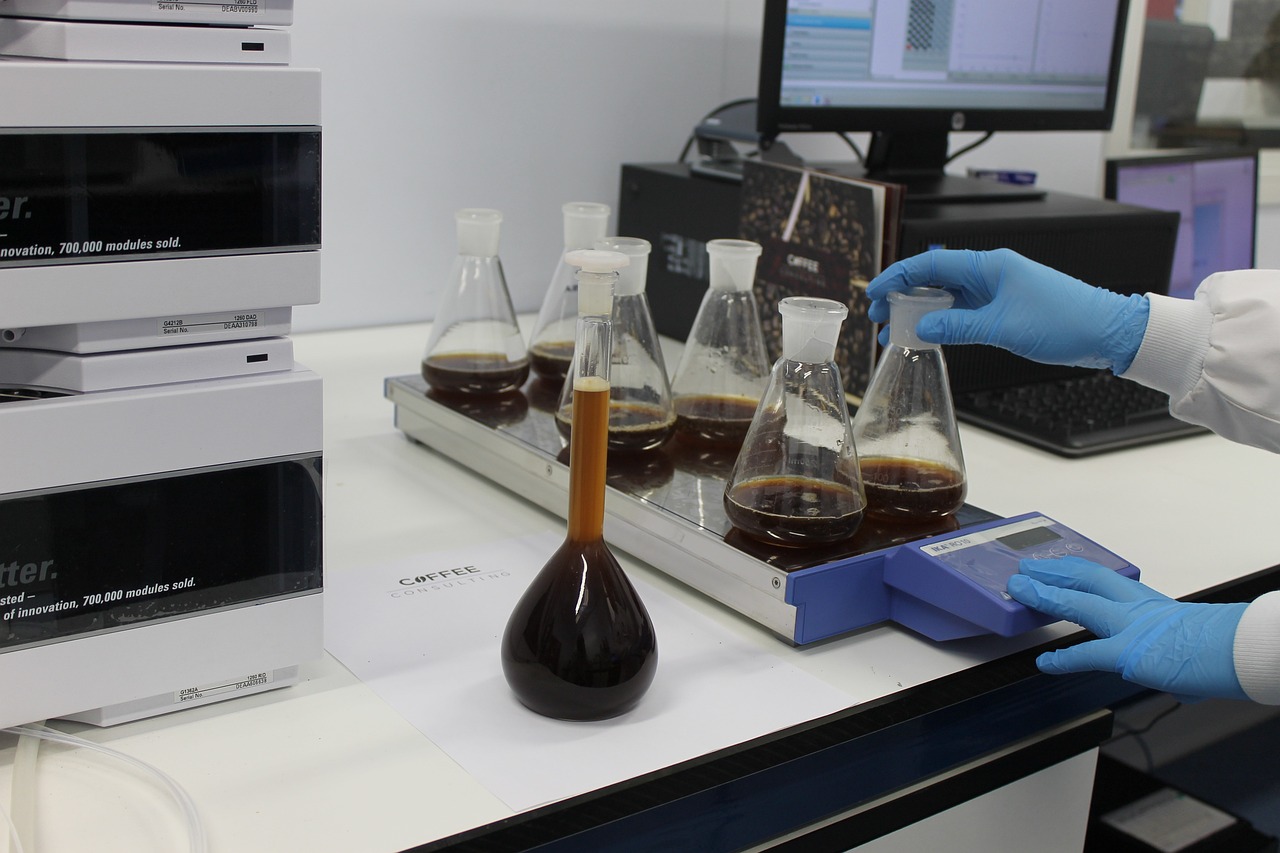How to Conduct Quality Testing for Agricultural Product Suppliers

Ensuring the quality of agricultural products is essential for maintaining industry standards and consumer trust. Before partnering with a supplier, businesses must conduct thorough quality tests to verify compliance, product integrity, and safety. This guide outlines the key steps to effectively assess agricultural product suppliers and ensure a smooth supply chain.
1. Verify Supplier Certifications and Compliance
Before working with a supplier, confirm their certifications and compliance with industry regulations. Certifications such as ISO 22000 (Food Safety Management System), GlobalG.A.P., or USDA Organic indicate adherence to recognized standards.
What to Check:
- Compliance with local and international regulations.
- Organic, non-GMO, or fair-trade certifications.
- Good Manufacturing Practices (GMP) and Hazard Analysis and Critical Control Points (HACCP) compliance.
- International trade and export licenses if applicable.
- History of regulatory violations or recalls.
For supplier verification, platforms like TradeKey provide insights into supplier certifications and compliance history.
2. Conduct Regular Product and Sample Testing
Request product samples before making bulk purchases. Regular testing ensures consistency and compliance with quality standards.
Testing methods include:
- Physical Testing: Checking size, color, weight, and texture.
- Chemical Analysis: Detecting pesticide residues, contaminants, and nutritional content.
- Microbiological Testing: Identifying harmful bacteria like E. coli or Salmonella.
- Moisture Content Analysis: Ensuring storage conditions and freshness.
- Heavy Metal Testing: Checking for lead, mercury, or cadmium contamination.
For industry-standard testing resources, visit the Best B2B Portal.
3. Perform Laboratory Tests for Quality Assurance
Independent laboratory testing provides an unbiased assessment of product quality. Laboratories conduct advanced tests to verify purity, nutritional content, and absence of harmful substances.
Best practices:
- Use accredited third-party laboratories.
- Conduct random sample testing from different batches.
- Compare test results with industry benchmarks.
- Implement periodic re-testing to monitor quality trends.
- Cross-check supplier-provided test reports for authenticity.
4. Conduct On-Site Inspections and Audits
When sourcing agricultural product suppliers from platforms like TradeKey, conducting on-site inspections is crucial for direct observation of the production and handling processes.
What to inspect:
- Hygiene and sanitation practices.
- Storage conditions and packaging methods.
- Employee training and safety measures.
- Machinery and equipment standards.
- Waste disposal and sustainability practices.
5. Verify Packaging and Labeling Standards
Proper packaging preserves product quality, prevents contamination, and meets regulatory requirements.
Things to Check:
- Ensure packaging is tamper-proof and durable.
- Verify correct labeling (expiration dates, ingredients, certifications).
- Check compliance with country-specific labeling laws.
- Inspect protective layers against moisture, pests, and damage.
- Evaluate sustainability of packaging materials.
6. Assess Internal Traceability Systems
A strong traceability system helps track the product’s journey from farm to table, ensuring transparency and accountability.
Key factors to review:
- Ability to trace products back to their source.
- Supplier’s recall process in case of quality issues.
- Digital tracking systems for real-time monitoring.
- Documentation of batch numbers and processing details.
- Integration with blockchain or cloud-based tracking systems.
7. Check Supplier Reputation and Reviews
A supplier’s market reputation provides valuable insights into their reliability.
How to verify credibility:
- Read customer reviews and testimonials.
- Check ratings on B2B platforms like TradeKey.
- Request references from existing clients.
- Look for media mentions or industry awards.
- Investigate any past lawsuits or disputes.
8. Perform a Pilot Order Before Finalizing a Deal
Before committing to large purchases, conduct a pilot order to test supplier reliability and product consistency.
Pilot order checklist:
- Test multiple batches for uniformity.
- Evaluate delivery timelines and customer support.
- Assess overall product satisfaction.
- Analyze feedback from initial users.
- Identify potential logistical or quality issues before scaling up.
Conclusion
Quality testing is a crucial step when selecting agricultural product suppliers. By verifying certifications, conducting lab tests, performing on-site inspections, and checking supplier reputation, businesses can ensure they source high-quality and safe agricultural products. Following these best practices minimizes risks and enhances long-term supplier relationships. A strategic and meticulous approach to supplier evaluation leads to better product integrity, customer satisfaction, and business success.
For more resources on supplier verification and quality assurance, explore leading platforms like TradeKey.







